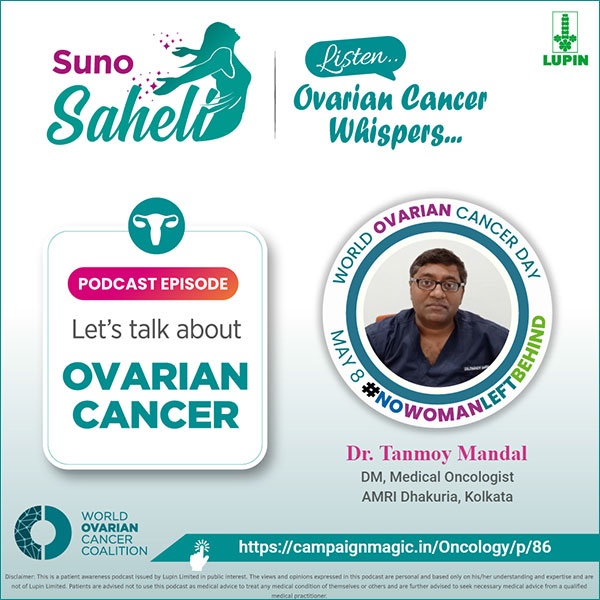
Lymphoma Cancer
What is lymphoma?
Lymphoma is a cancer that affects your lymphatic system, a part of the immune system that helps fight infections and diseases. According to a lymphoma cancer doctor in Kolkata, Lymphoma develops when lymphocytes grow uncontrollably and form tumours in the lymph nodes or other organs such as the spleen or bone marrow. There are two main kinds of lymphoma, including Hodgkin lymphoma and non-Hodgkin lymphoma.
What are the symptoms of lymphoma?
As per a cancer doctor in Kolkata, some common symptoms include :
1. Enlarged lymph nodes
2. Fatigue
3. Fever
4 . Night sweats
5. Unexplained weight loss
6. Itching
7. Shortness of breath or cough
Causes of lymphoma
Certain risk factors have been identified that increase the likelihood of developing lymphoma. These risk factors include :
1. Weakened immune system : People who have a weak immune system, like the ones suffering from HIV/AIDS, who have received an organ transplant, or those taking immunosuppressive drugs, are at a high risk of developing lymphoma
2. Age : Lymphoma can occur at any age, but the risk increases when people get older.
3. Gender : Some types of lymphoma are more common in men than in women.
4. Family history : Having a first-degree relative, like a parent or sibling, with lymphoma increases the risk of developing the disease.
5. Viral infections : Some viral infections, such as Epstein-Barr virus (EBV), human T-cell leukaemia/lymphoma virus (HTLV-1), and hepatitis C virus (HCV), can increase the risk of developing lymphoma.
6. Chemical exposure : Exposure to certain chemicals, such as pesticides and herbicides, has been linked to an increased risk of developing lymphoma.
Treatments of lymphoma
The main treatments for lymphoma have been discussed below by the best oncologist in Kolkata.
1. Chemotherapy : It involves the use of drugs to kill cancer cells. It is often the first treatment for lymphoma and can be given alone or in combination with other treatments.
2. Radiation therapy : The therapy uses high-energy radiation to kill cancerous cells. It may be used alone or with other treatments.
3. Immunotherapy : Immunotherapy uses drugs that help the immune system recognize and attack cancer cells.
4. Targeted therapy : Targeted therapy uses drugs that target specific genes or proteins that are involved in the growth and spread of cancerous cells.
5. Stem cell transplant : It is a procedure that involves replacing the patient’s bone marrow with healthy stem cells. This is usually done after high-dose chemotherapy or radiation therapy.
Book an Appointment

Dr. Tanmoy Kumar Mandal
D.M.(Medical Oncology), M.D.(General Medicine)

